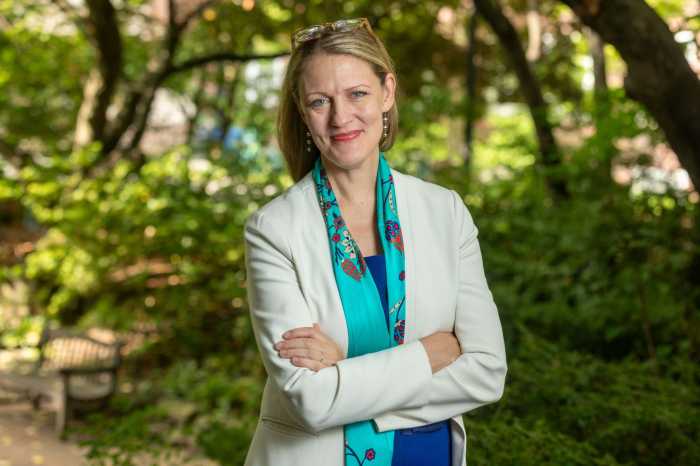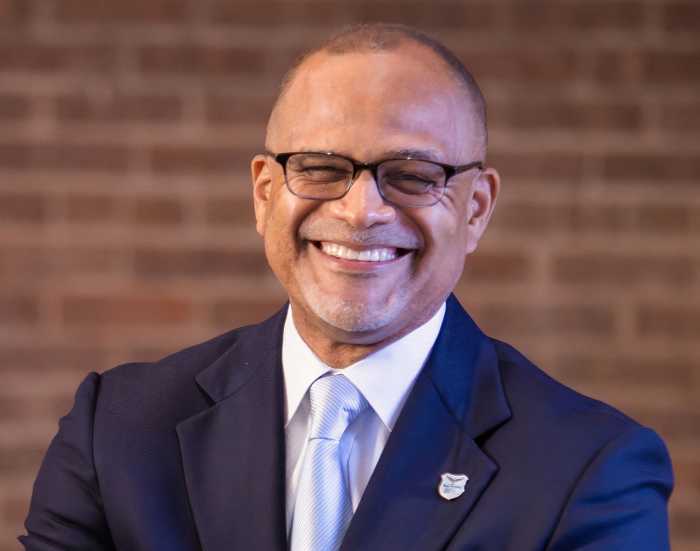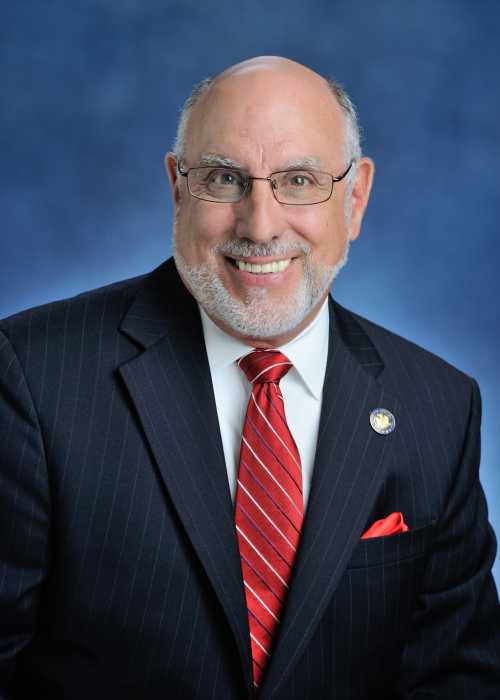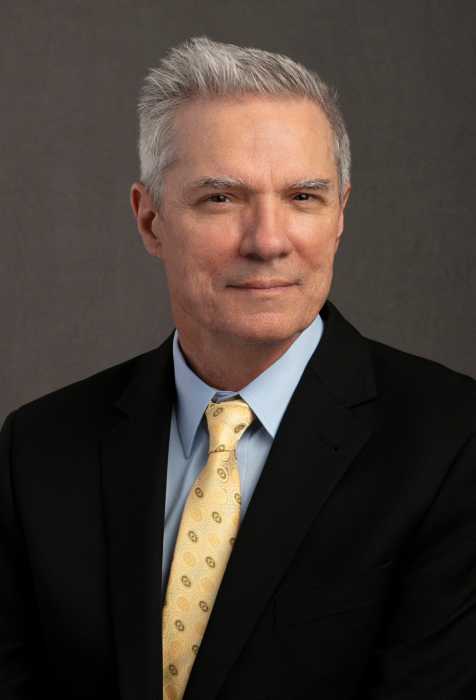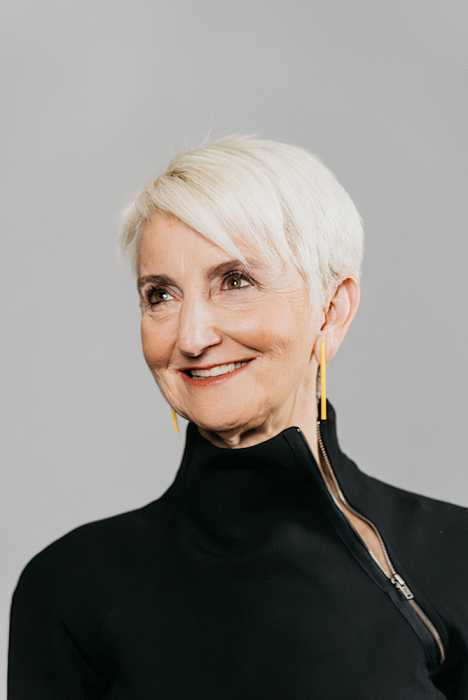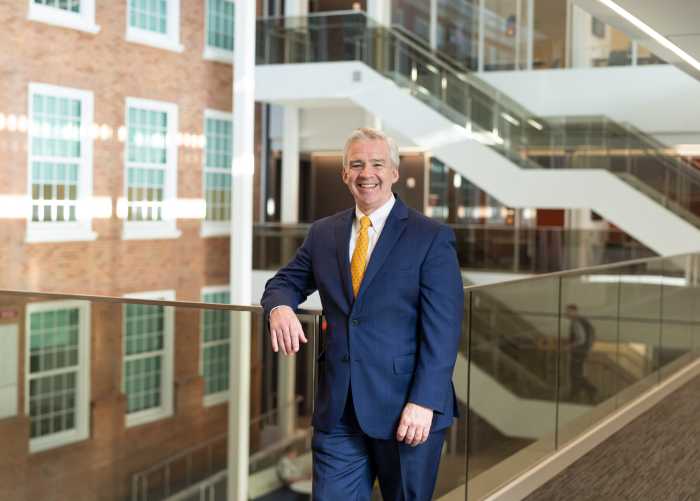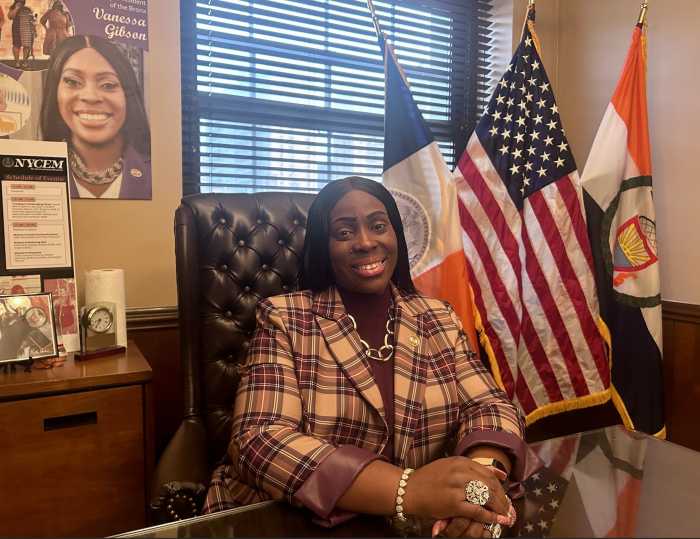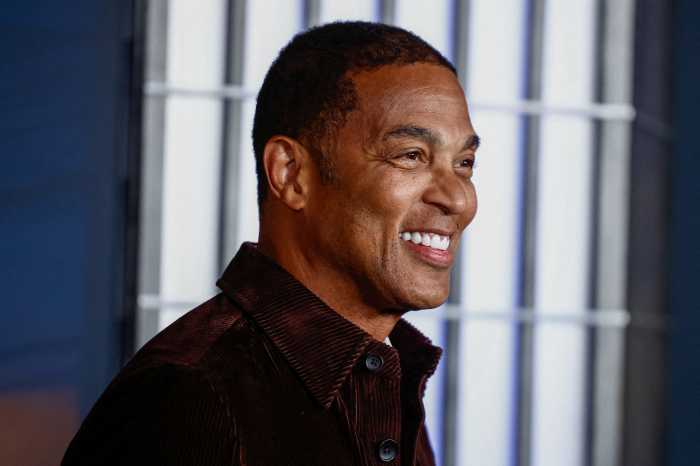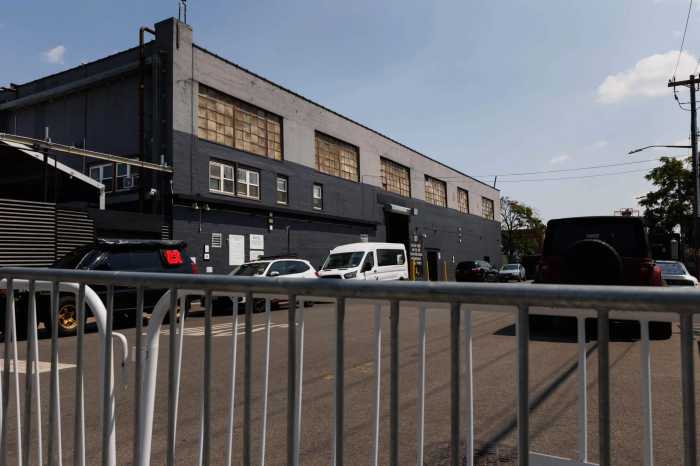Michelle J. Anderson was named the 10th president of Brooklyn College in 2016. She has led the college in launching new initiatives, including the Brooklyn College Cancer Center and the Healthcare Career Hub. Under her leadership, the college has expanded funding for paid internships, increased graduation rates, enhanced faculty and leadership diversity, and improved mentoring for both faculty and students. President Anderson has led the college through a time of excellent recognition, including being ranked by U.S. News & World Report as the No. 1 “Most Ethnically Diverse College” in the Northeast every year since 2019, as well as being named as one of the “Best Value Colleges” in the nation by The Princeton Review.
What inspired you to pursue a career in education?
I was inspired to pursue a career in education by the most gifted teachers I had. They taught me the power of the written word and the value of critical thinking, creativity, and the scientific method. They nurtured my intellect, changed how I saw myself, inspired me to pursue my own education, and then encouraged me to lead within it.
What aspects of education do you believe need more support from policymakers?
Public higher education deserves more support from policymakers. Substantially increased investment in public higher education would ensure a more equitable society, and it would have immense returns in terms of socio-economic mobility and lifting families and communities out of poverty.
What do you think the future of New York’s education system looks like?
The pandemic taught us that we must work to be prepared for anything, nimble in response to new circumstances, and responsive to new challenges. The future of New York’s educational system will require us to evolve and innovate to best serve our students.


